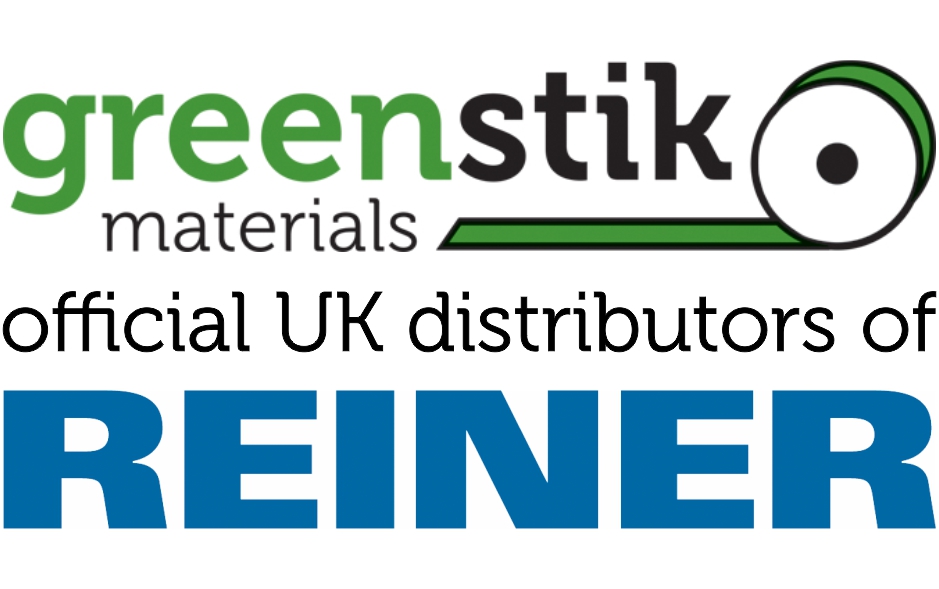-
- Printing onto multiple materials 0
- Food date and lot marking solutions for small businesses 0
- Changing the ink cartridge in your REINER 940 0
- Planning to open your own microbrewery? 0
- Why millennials decide to shun plastic in favour of eco-friendly materials 2
- 5 common misconceptions about handheld inkjet printers 0
- REINER introduces the new P1-MP6 ink for dark surfaces 0
- How to barcode your products 4
- Choosing the right ink for your REINER printer 0
Planning to open your own microbrewery?
STARTING A NEW ADVENTURE
You’ve got an awesome idea, you have ways to fund your business and have found the perfect location. What’s next…?
Starting up your own microbrewery is an exciting opportunity, but in order to be successful all brewers need careful planning and suitable microbrewery equipment. Here we have listed four important items that all breweries need to consider to help them keep their drinks flowing!
GET YOUR BREW ON
Reliable brewing equipment is an absolute must for every microbrewery owner. While choosing proper accessories you need to consider one key factor – your budget!
Whether you’re upscaling your homebrew production, entering into the craft beer market or creating your own range of lagers and ales – choosing the right equipment doesn’t have to be costly from the offset. If you’re starting with a tight budget there are lots of places online where you can get reasonable second hand brewing kits from, including mash, fermentation, filtering and cooling systems.
Don’t be pressured into blowing your budget on expensive new equipment, there are plenty of affordable options out there!
RECIPE FOR SUCCESS OF YOUR MICROBREWERY
Most people know that there are four main ingredients which you need to make beer:
- Water
- Hops
- Yeast
- Malted barley
Seems simple, right? And it is! But the key to making your beer stand out from the rest is the combination – there are thousands of ways to mix these simple ingredients which will impact on the taste and quality.
Get creative and brew up a batch! By experimenting with different quantities and grains you’ll soon have the recipe for your own secret blend.
ARE YOU BOTTLING IT?
Bottles, cans, or jars? The container you chose will say a lot about your ale. Before making your decision, think about your brew, your target market and where you hope to sell – your packaging is the first thing most punters will see – it’s important to make sure that it portrays your image and gives off the right message.
MARK OF APPROVAL
In order to sell your product, microbreweries must label their products with batch numbers and dates to meet beverage labelling legislations.
Running label prints and in-line inkjet systems can be costly! This is where our versatile range of handheld inkjet printers can help. Our machines are aimed at small to medium volumes of production, from 100 – 10,000+ prints per day. Something the bigger breweries and their in-line inkjet systems would struggle with, because they need to work to much bigger volumes to be efficient and reliable. As a microbrewer you need to have much more flexibility in the equipment that you buy. Using a REINER machine (like the jetStamp 990 – which is perfect for marking both the bottle and the label – or REINER jetStamp 970 Graphic), you could be printing your labels with the batch code and or the best before date, you could move onto printing that same information onto the presentation boxes, and finally any outer cartons that might be used for storage, giving you and your customer traceability.
If you’d like to find out more about batch printing and product labeling, please get in touch.
